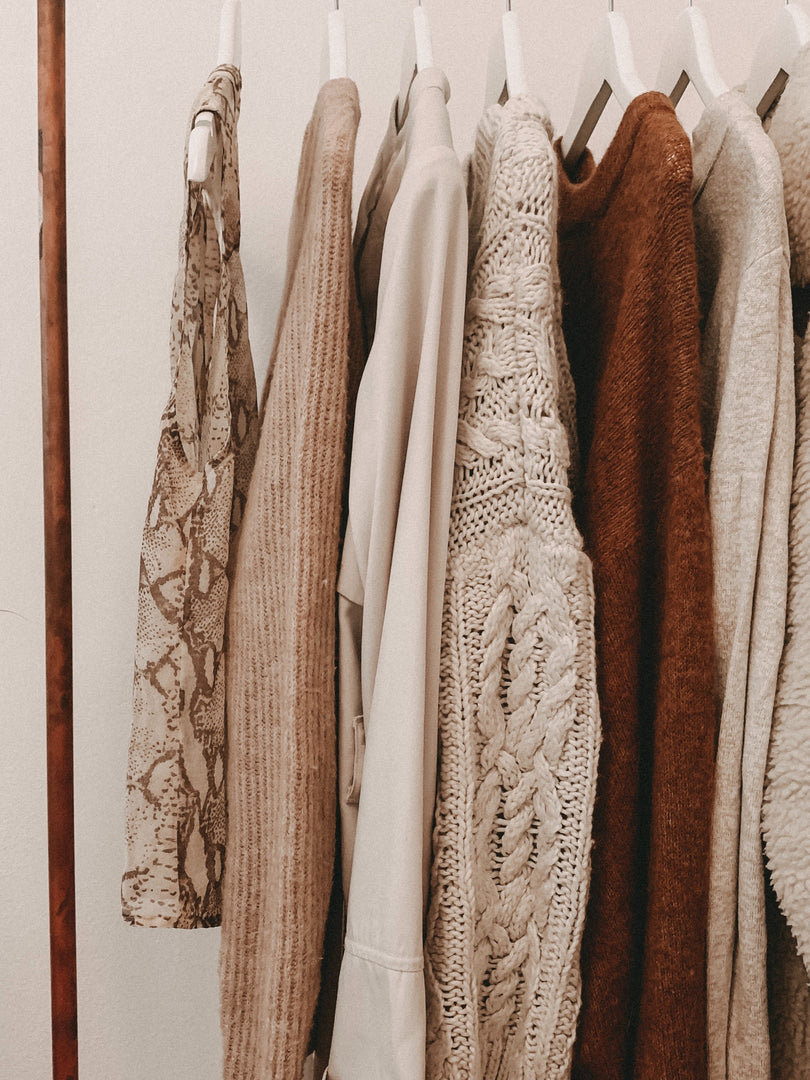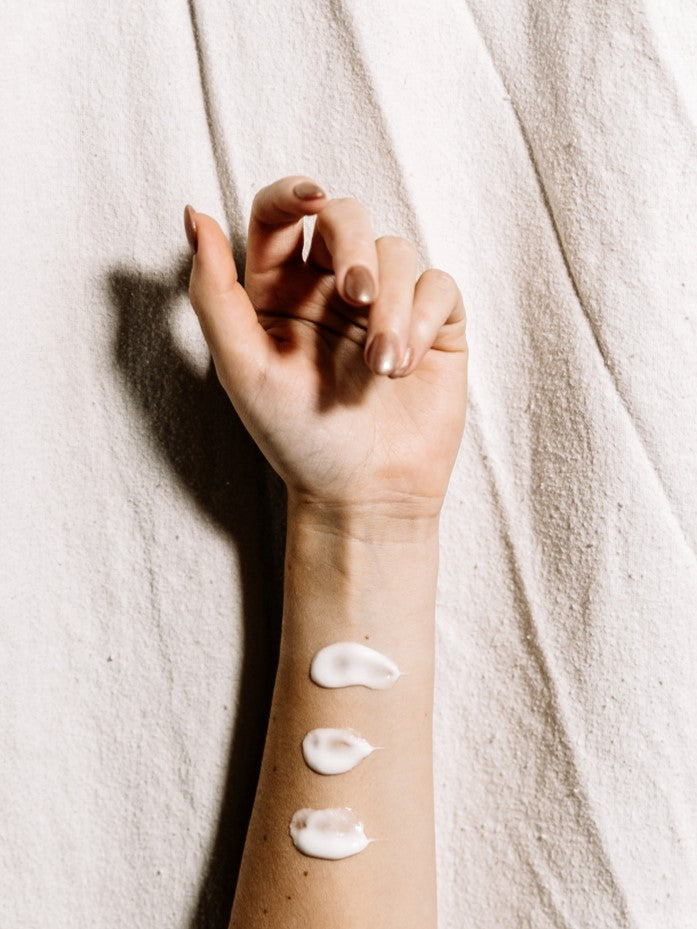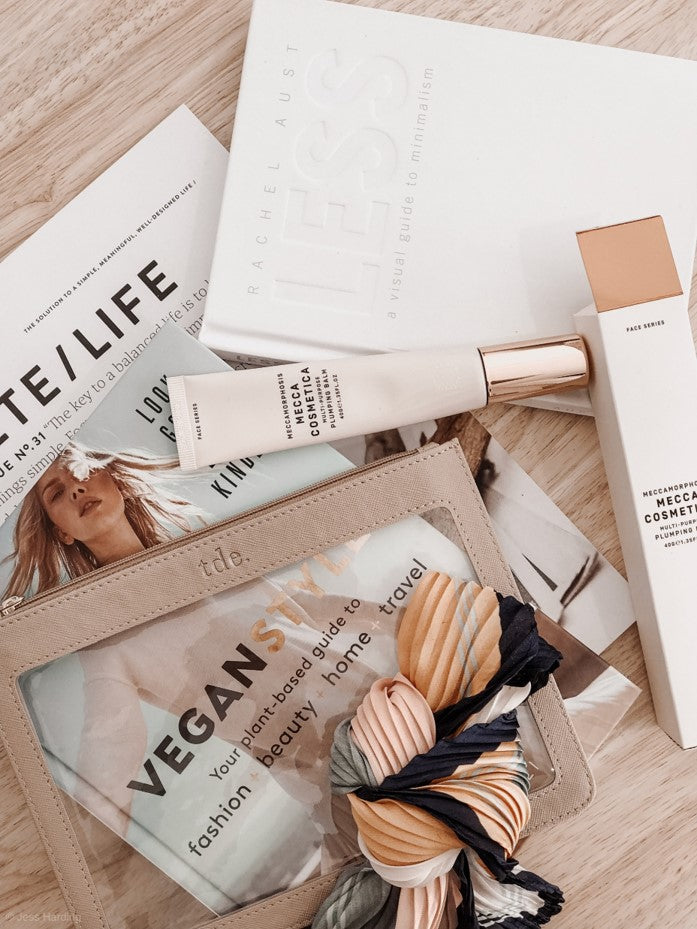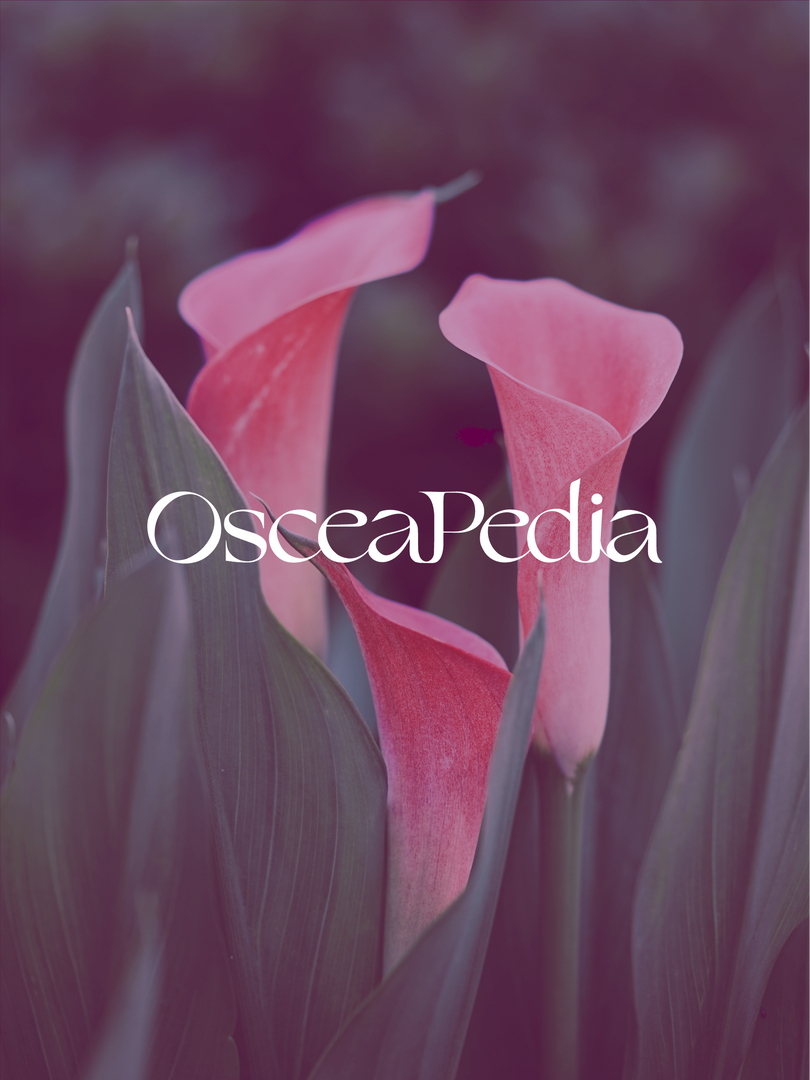While all polished diamonds look beautiful, it is often the case that they carry with them a very ugly past. Despite global developments aimed at making diamond mining a more ethical pursuit, the industry remains entrenched with widespread human rights abuses. With an estimated one million children working in small-scale mining globally, and forced laborers behind the scenes, ethically sourced diamonds are extremely hard to come by. However, with the efforts of some commendable companies, ethically sourced diamonds are becoming a larger reality than they ever have before.
What are the ethical and environmental issues surrounding diamonds?
A common buzzword that you might have seen when browsing diamond jewelry is “conflict free”. This idea originated in response to conflict diamonds, also known as blood diamonds—but what are these diamonds, and why do they have such ominous names? The answer is found in the 1990s, when rebel groups began seizing valuable mining land in Africa, namely in the nations of Sierra Leone, Angola, and the Democratic Republic of Congo. These rebel groups operated violently, waging conflicts on governments. The rebel groups’ brutal efforts, which cost many lives, were financed by the sale of none-other than rough diamonds, which are diamonds that have not been processed or polished yet.
The Kimberley Process Certification System (KPCS) was created in 2003 to stop the sale of the blood diamonds globally, which came to be a pretty commonplace practice. While this sounds extremely appealing to the conscientious shopper, it doesn’t do anywhere nearly enough, and you should be wary of its marketing use when standing alone. Under the Kimberley Process Certification System, the definition of conflict free solely includes the diamonds funding rebel groups. It doesn’t address any governmental abuses, and it doesn’t automatically ensure that diamonds aren’t the product of child labor, human trafficking, habitat destruction, and other seriously unethical practices that plague the diamond mining industry today.
According to the U.S. Department of Labor’s 2018 List of Goods Produced by Child Labor and Forced Labor and the U.S. Department of State 2019 Trafficking in Persons Report, diamonds are produced using child labor in countries such as Angola, Sierra Leone, the Central Afrian Republic, Democratic Republic of the Congo, Guinea, Liberia, and possibly India. The concerns about child labor don’t end after the diamonds are extracted, but bleed into the diamond polishing and cutting process, as well. India is the largest source of cutting and polishing diamonds, responsible for processing over 90 percent of the world’s diamonds. However, it has been reported that children are behind some of this work. Diamond mining is incredibly labor intensive, hazardous work, so it is of the utmost importance that the workers who are mining your ethically sourced diamonds are paid fair wages and are working under just conditions.
Aside from the ethical concerns, there are also some serious environmental impacts associated with diamond mining. From loss of biodiversity and erosion to extreme water usage and ground-water contamination, mining greatly impacts the surrounding area where it is taking place, affecting both the environment and its humans and animals. Due to this, it is important that mining companies lessen their environmental impact through initiatives such as restoring mining environments after their mining has taken place.
How do ethically sourced diamonds offer a solution?
Luckily, ethical diamond and sustainable engagement ring companies are taking strides to offer you ice that’s environmentally and ethically responsible. For ethically sourced natural diamonds, look for companies that go further than the Kimberley Process Certification System requires. This can be through methods such as rigorous sourcing, complete supply chain transparency, and third-party sustainability verifications, such as SCS Global Service’s SCS 007 Diamond Sustainability certification. Second-hand diamond jewelry, including vintage and antique engagement rings, are another avenue that you can take to minimize your contribution to the unsustainable impact of the conventional diamond industry. While your second-hand diamond might not have had the most sustainable past, your purchase helps prolong its lifecycle and doesn’t promote the production of a new diamond.
Lab grown diamonds are often heralded as the most sustainable diamond option. However, the matter is not as cut and dry as it first appears, and there are still some ethical and environmental issues that you should consider before making a lab grown diamond purchase. For starters, many of the small artisanal communities that we have discussed are reliant on the income that diamond-mining generates. Thus, eradicating the demand for natural grown diamonds would necessarily harm these communities and might not be the way that you want to ethically proceed. These concerns about halting vital income streams can also apply to second-hand diamonds and are something to think about.
On the environmental side, the relatively new lab grown diamond industry suffers from a lack of regulation that could lead companies to utilizing unsustainable manufacturing methods. In Bain & Company’s report titled “The Global Diamond Industry 2020-2021”, a joint effort between the company and the Antwerp World Diamond Centre (AWDC) revealed that China produced about half of the world’s diamond production using technology that is far less clean than the technology favored by manufacturers in the United States and India. When sifting through the different lab grown diamond companies, we recommend looking for climate neutrality certifications and reliance on renewable energy sources.
No matter if you prefer ethically sourced, lab grown, or second-hand, these 9 brands have you covered for your sustainable engagement rings and beyond.
Ethically Sourced Options:
1. Taylor & Hart

Photo Credit: taylorandhart.com/us/
With a beautiful and diverse selection of ethically sourced diamonds, Taylor & Hart is a great option for those who desire a natural diamond without the unethical ties. Taylor & Hart seeks to be transparent about every step in their ethically sourced diamonds’ lives, and they are conscientious about only working with countries that abide by fair and just working conditions. Understanding the shortcomings to the Kimberley Process, Taylor & Hart is currently working towards creating their own in-house ethical diamond auditing entity.
2. Aurate

Photo Credit: auratenewyork.com
Made with 100% recycled gold and ethically sourced diamonds from minds run with safe and ethical working conditions, Aurate’s beautiful natural diamond engagement rings are something to celebrate. With dainty intricate styles, Aurate offers a dazzling line-up of sustainable engagement rings. You can feel good about your purchase from Aurate, as the company is committed to transparency, whether that be in their materials or in their pricing.
3. Monique Péan

Photo Credit: moniquepean.com
If you’re looking to splurge on bold and unique natural diamond rings, then Monique Péan’s collection of ethically sourced diamonds are the perfect option for you. Madie with exclusively recycled fine metals and a mix of strictly ethically sourced natural diamonds and repurposed diamonds, Monique Péan is committed to building an ethical jewelry future that doesn’t sacrifice on beautiful craftsmanship. Monique Péan donates a minimum of 1% of all annual revenues to different philanthropic causes, such as the Voss Foundation, which supports clean drinking water in Africa, and Trees for the Future, which plants thousands of trees globally.
Lab Grown Options:
1. MiaDonna

Photo Credit: miadonna.com
A B Corp with a commitment to forging new ethically sourced diamond traditions, MiaDonna is a sustainable lab grown diamond company worthy of your support. MiaDonna paves the path forward while not forgetting the destructive past of diamond mining; 10% of all company profits go towards rebuilding and repairing mining communities that were harmed by conflict diamond mining. Made with recycled gold and lab grown diamonds, MiaDonna’s sustainable engagement rings are exquisitely handcrafted in the USA, and they are more affordable than their traditional diamond counterparts.
2. Valley Rose

Photo Credit: valleyrosestudio.com
For ethically sourced diamonds that go far beyond the standards of the Kimberley Process, look no further than the lab grown diamond engagement rings from Valley Rose. Valley Rose has achieved the SCS 007 from SCS Global Services, known globally as the most rigorous third-party sustainability diamond certification, and includes achievements such as origin traceability and company climate neutrality. For beautiful rings that are less pricier than many other diamond ring options, Valley Rose’s sustainable engagement rings are classic and timeless.
3. Aether

Photo Credit: aetherdiamonds.com
Innovation is the name of the game at Aether, as the brand literally creates diamonds out of thin air, and these ethically sourced diamonds have a positive impact on the environment. We’re not kidding—the brand actually creates their lab grown diamonds out of carbon dioxide that they remove from the air, combating pollution while simultaneously creating something beautiful. Ranging in price from upper $2,000s to over $20,o00, Aether has a beautiful assortment of sustainable engagement rings that are perfect for the conscious shopper.
Vintage or Second-hand Options:
1. Trumpet & Horn

Photo Credit: trumpetandhorn.com
Trumpet & Horn says it best themselves; vintage engagement rings are their passion. From browsing their site, it's clear from their jaw-dropping assortment of vintage sustainable engagement rings that this is a worthwhile passion. Geared towards the larger budgets, Trumpet & Horns are the ideal destination for those looking to purchase an incredible heirloom that will be passed on to generations to come.
2. Sofia Kaman

Photo Credit: sofiakaman.com
Sofia Kaman offers a carefully curated collection of ethereal vintage rings. From Victorian to art deco styles, the sustainable engagement rings from Sofia Kaman range from mid to large price-wise and are sure to please even the pickiest antique lover. Buying from Sofia Kaman does more good than just extending an engagement ring’s life; with every purchase, one tree gets planted through the brand’s partnership with One Tree Planted.
3. Etsy

Photo Credit: etsy.com
You might be surprised about Etsy’s inclusion on this engagement ring list, but the global marketplace doesn’t just sell handmade crafts—they also sell engagement rings. The perfect destination for your one-of-a-kind find, Etsy has a beautiful array of vintage and antique rings for every budget. When you buy from Etsy, you can rest easy knowing that the company has some commendable sustainability initiatives, like offsetting 100% of the carbon emissions from packaging and shipping.
Whether they’re consciously lab-grown, stringently ethically-mined or second-hand, ethically sourced diamonds offer a more sustainable future.
Sources:
- https://doi.org/10.3390/su13084558
- https://www.bain.com/globalassets/noindex/2021/bain_report_diamond_report-2020-21.pdf
- https://www.hrw.org/report/2018/02/08/hidden-cost-jewelry/human-rights-supply-chains-and-responsibility-jewelry
- https://www.state.gov/wp-content/uploads/2019/06/2019-Trafficking-in-Persons-Report.pdf
- https://www.dol.gov/sites/dolgov/files/ILAB/ListofGoods.pdf
- https://www.verite.org/project/diamonds-3/
- https://www.scsglobalservices.com/services/certified-sustainability-rated-diamond
- https://www.diamonds.pro/education/lab-created-diamonds/
- https://www.diamonds.pro/education/ethical-diamonds-conscientious-consumers-need-know/











